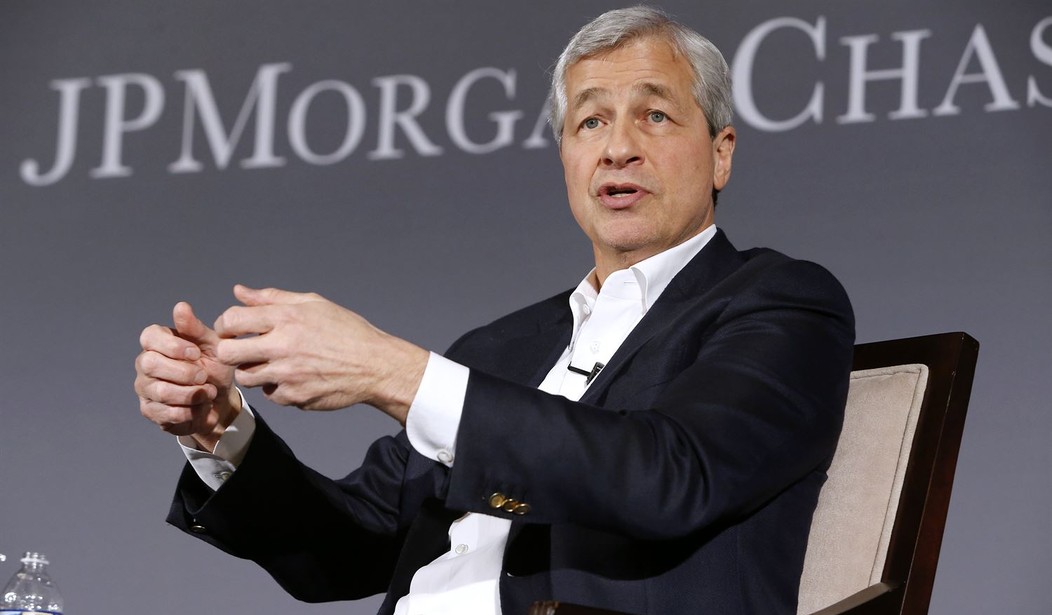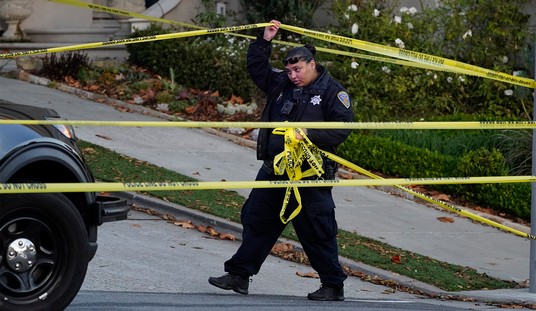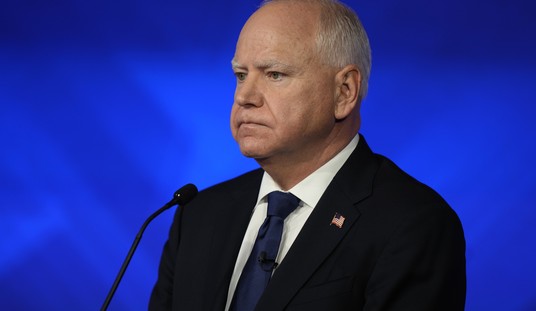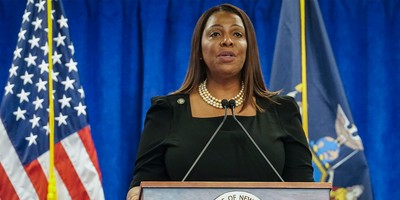Universities are not alone among our institutions that have lost their way. How about America's corporations, which now seem to think social justice is their job, beside efficiently delivering goods and services to the American public?
In a recent panel discussion at the Bipartisan Policy Institute, Jamie Dimon, chairman and CEO of JPMorgan, the nation's largest bank, rang the alarm about the nation's debt.
He noted what is already widely known -- that federal debt now equals 100% of GDP, on its way to 130% of GDP by 2035.
We're headed for a cliff at "60 miles an hour," said Dimon.
But this is not new.
In 2018, for instance, an opinion piece in The Washington Post authored by four distinguished economists from the Hoover Institution -- Michael Boskin, John Cochrane, John Cogan and John B. Taylor, along with former Secretary of State and Secretary of the Treasury George Shultz -- announced "A debt crisis is on the horizon."
They pointed to the enormous burden and risk to our budget of the then debt burden, which stood at $15 trillion, 76 percent of GDP. Now we're at $34 trillion and 100% of GDP.
At the end of 2008, debt stood at 43 percent of GDP.
It is good that the chairman of the largest bank in the country is waking up. But where has he been and is he really waking up?
Per OpenSecrets, which tracks and reports political spending, in the most recent political cycle, 2023/2024, 65 percent of JPMorgan's political contributions went to Democrats, and their contributions to "liberal groups" were greater than contributions to "conservative groups" by a margin of 10-to-1.
Recommended
The Business Roundtable is a Washington, D.C.-based association of "more than 200 chief executive officers of America's leading companies ... that support one in four American jobs and almost a quarter of U.S. GDP."
In 2019, Jamie Dimon served as their chairman, and under his leadership, they made a significant change.
It has always been understood that the responsibility of any corporation is to serve the interests of its shareholders -- the owners of the company.
Economist Milton Friedman wrote in his famous book "Capitalism and Freedom," first published in 1962, that corporations have one responsibility -- to maximize profitability for its shareholders.
"Few trends could so thoroughly undermine the very foundations of our free society as the acceptance by corporate officials of a social responsibility other than to make as much money for their stockholders as possible," wrote Friedman.
But in 2019 the Business Roundtable did exactly this. They announced that they were abandoning primacy of serving shareholders as the core corporate responsibility and that shareholders would now be viewed as just one group of "stakeholders," alongside "customers, employees, suppliers" and "communities."
What happened to private property? Corporate CEOs work for the owners, the shareholders.
Private property is what sets a free society apart from socialism.
Dimon noted, "The American dream is alive but fraying. ... These modernized principles reflect the business community's unwavering commitment to continue to push for an economy that serves all Americans."
If the American dream is "fraying," it is because of departure from the principles that define a free society, upon which our great country emerged. Economic freedom, private property, personal responsibility and creativity are the source of our success, not of our failures.
Blurring the lines between the private and the public, no one knows what their job is -- government, corporations, universities.
Government has exploded by trying to do what individuals should be doing for themselves.
The result of all the efficiencies is slowdown of growth. The victims are the poor, not high-earning CEOs.
As our country sinks under a tsunami of spending and debt, hopefully the CEO of the nation's largest bank, and CEOs of all our corporations, will wake up that loss of freedom, not too much freedom, is what is hurting our nation.
























Join the conversation as a VIP Member